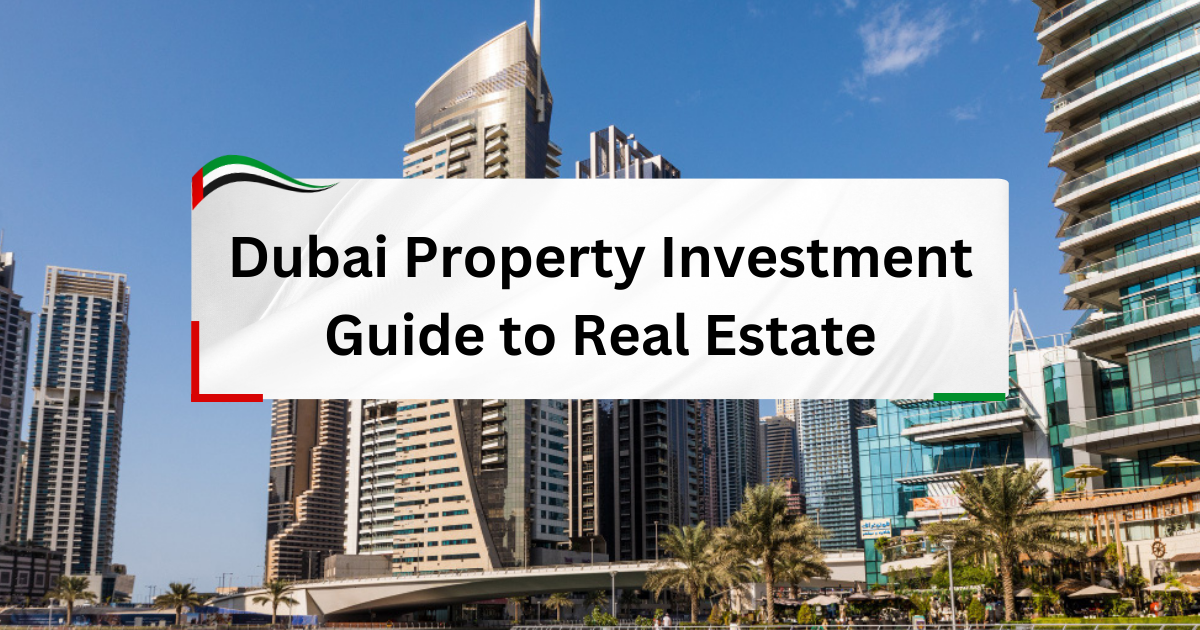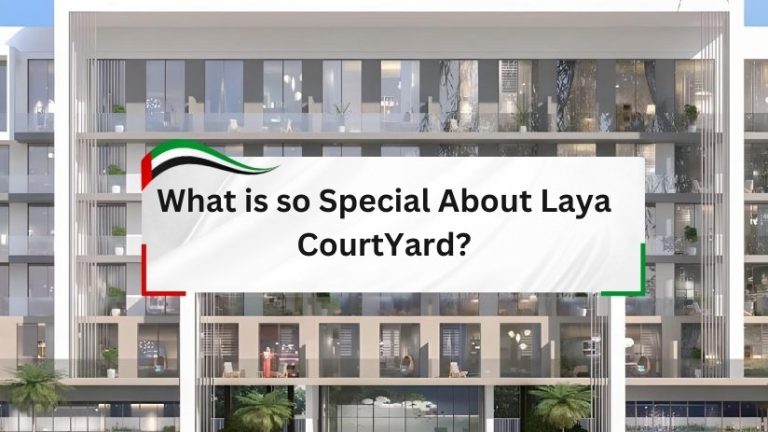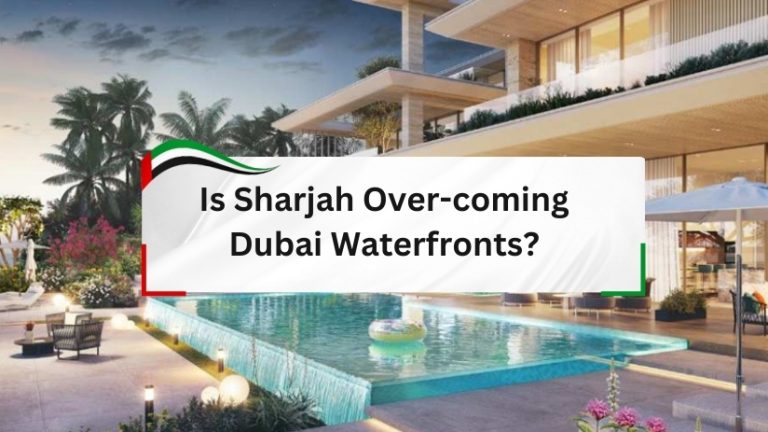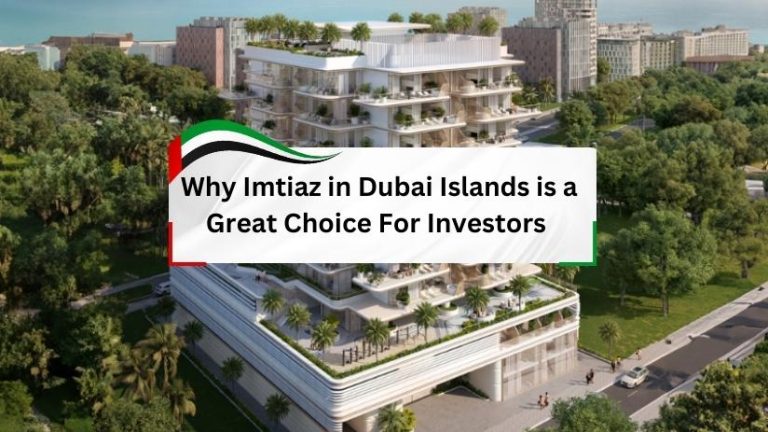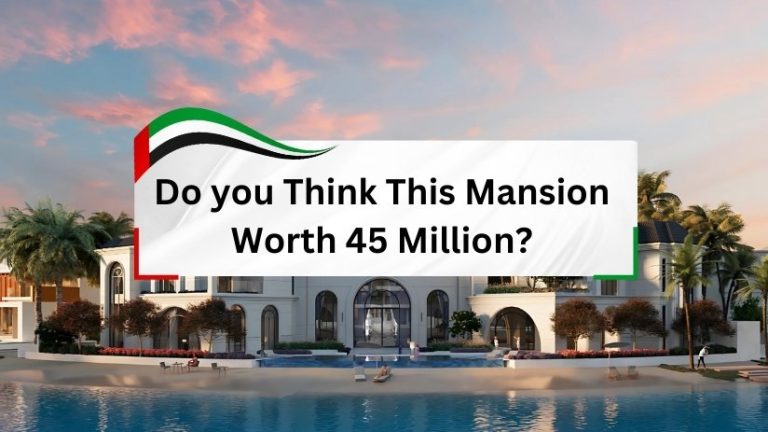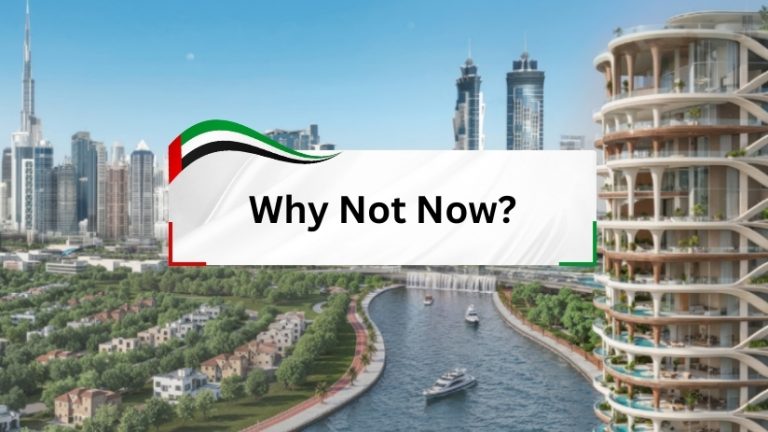Dubai Property Investment – Guide to Real Estate Opportunities in 2025
Dubai continues to dominate global property investment charts, and it’s not by accident. Thanks to its forward-thinking governance, safety, tax benefits, and economic resilience, the city has transformed itself into a magnet for foreign investors. From iconic skyscrapers to luxurious beachside villas, Dubai’s property offerings cater to a wide spectrum of investors, from first-time buyers to billion-dollar funds.
The emirate’s location also gives it a strategic edge. Situated between Europe, Asia, and Africa, it bridges global trade, business, and travel. But beyond geography, what drives investor interest is Dubai’s consistent innovation in infrastructure, tech, and tourism. As of 2025, initiatives like the Dubai Economic Agenda (D33), smart city developments, and green energy expansion continue to boost long-term investor confidence.
Economic Stability and Government Support for Investors
One of the biggest reasons investors flock to Dubai is its economic stability. The UAE government actively supports property investment through favorable policies and regulations. From offering long-term visas to investors to continuously expanding freehold zones, the authorities are committed to making Dubai a globally competitive real estate market.
Dubai’s economy is no longer solely dependent on oil. It’s diversified, with strong contributions from sectors like tourism, tech, finance, and logistics. This diversification creates a stable environment where the property market doesn’t sink or soar based purely on oil prices.
Moreover, the Dubai Land Department (DLD) ensures transparency and fairness in real estate transactions. Initiatives like the Real Estate Regulatory Agency (RERA) and Escrow Account Law protect both investors and end-users, minimizing risks and boosting confidence in the market.
Overview of Property Types in Dubai
Dubai’s property market is as diverse as its population. Whether you’re looking for a modern studio in the heart of Downtown, a beachfront apartment in Jumeirah, or a sprawling villa in Emirates Hills, there’s something for every investor type.
Here’s a quick breakdown of the main property types available:
- Apartments: Found in high-rise buildings and residential towers across areas like Downtown, Marina, and JVC. Ideal for buy-to-let investments and young professionals.
- Villas & Townhouses: These offer more space and privacy, located in gated communities like Arabian Ranches, DAMAC Hills, and Palm Jumeirah.
- Penthouses & Luxury Homes: High-end options in exclusive districts like Palm Jumeirah, Emirates Hills, and Dubai Hills.
- Commercial Properties: Offices, retail spaces, and warehouses in business hubs like Business Bay, JLT, and Dubai Silicon Oasis.
- Off-Plan Projects: Properties under construction that offer flexible payment plans and competitive pricing. High potential for appreciation.
Each category caters to different goals—some focus on rental yield, others on long-term capital growth. Understanding what fits your strategy is key before jumping in.
Key Benefits of Investing in Dubai Property
High Rental Yields
One of Dubai’s strongest selling points is its consistently high rental yields. While global cities like London and New York may offer yields around 2–3%, Dubai’s rental returns often range from 6–10%, especially in high-demand zones like Dubai Marina, JVC, and Business Bay.
Why such high returns? A few reasons:
- Dubai’s rental market is driven by a massive expat population.
- Short-term rental platforms like Airbnb are booming, especially near tourist attractions.
- Year-round demand is due to the city’s status as a global business and travel hub.
Whether you’re eyeing a short-term vacation rental or a long-term tenancy, Dubai offers unmatched income potential compared to many Western property markets. Investors who manage their properties well can often break even within 8–10 years, thanks to the attractive ROI.
Tax-Free Environment
One of the biggest draws for foreign investors is Dubai’s tax-free status on residential property income. There’s no income tax, no capital gains tax, and no inheritance tax on real estate investments in most scenarios.
This is especially appealing to high-net-worth individuals and retirees seeking wealth preservation and income. Unlike heavily taxed property markets in Europe or the U.S., Dubai lets you keep more of your earnings, maximizing your investment’s profitability.
Even though there are standard property transfer and registration fees, these are one-time and relatively low compared to the long-term benefits of tax-free gains.
World-Class Infrastructure and Lifestyle
Beyond the numbers, investing in Dubai means becoming part of one of the most futuristic cities in the world. From driverless metro systems and AI-integrated buildings to luxury shopping malls, five-star restaurants, and endless beaches—Dubai offers an unmatched lifestyle.
This quality of life directly impacts property values and rental demand. People want to live in a city that’s safe, clean, and filled with opportunity—and Dubai checks all those boxes.
Excellent healthcare, international schools, and entertainment options make it especially appealing to families and long-term residents. This fuels demand for housing, ensuring your property doesn’t sit empty.
Best Areas to Invest in Dubai in 2025
Downtown Dubai
The crown jewel of Dubai’s skyline, Downtown Dubai is home to the Burj Khalifa, Dubai Mall, and the city’s most iconic landmarks. This district remains a top pick for luxury investors, offering high appreciation rates and strong rental demand from tourists and business travelers.
While prices are on the higher end (AED 2,000–3,000+ per sq. ft.), Downtown properties deliver unmatched prestige and convenience. Short-term rentals in this area fetch premium rates, making it perfect for Airbnb-style investments.
Whether it’s a chic one-bedroom apartment or a luxury penthouse, investing in Downtown Dubai ensures high visibility and long-term growth.
Dubai Marina
Dubai Marina is a perennial favorite for both residents and investors. With stunning waterfront views, vibrant nightlife, and direct metro access, it’s a lifestyle destination that appeals to young professionals and tourists alike.
Apartments here are more affordable than Downtown but still offer high rental yields (6–8%). The demand for short-term rentals is massive, especially during the winter season when tourists flood in.
Dubai Marina also benefits from mature infrastructure, nearby beach access, and proximity to commercial hubs like JLT and Media City. Whether you’re buying a studio or a three-bedroom duplex, Marina properties rarely sit empty.
Business Bay, JVC, and Emerging Districts
Business Bay is another hot spot, quickly transforming into a high-rise jungle of residences and corporate offices. Its location—just minutes from Downtown—makes it highly desirable for working professionals. Prices are slightly lower than Downtown, but rental yields are strong due to ongoing commercial expansion.
Jumeirah Village Circle (JVC) has become one of Dubai’s most in-demand mid-range communities. Affordable entry prices, family-friendly amenities, and continuous development have made it a rising star for investors targeting the middle-income rental market.
Other promising areas in 2025 include:
- Dubai Creek Harbour – futuristic smart-city vibes with strong off-plan interest.
- Al Furjan & Arjan – more affordable suburban communities with strong infrastructure growth.
- Dubai South – home to the Al Maktoum Airport and Expo legacy projects.
Each of these areas offers unique advantages—choose based on your investment strategy, whether it’s flipping, long-term rentals, or capital appreciation.
Conclusion
Dubai stands out as a dynamic, future-ready city offering unmatched opportunities for property investors. Whether you’re drawn by tax-free income, high rental yields, or long-term appreciation, Dubai’s real estate market in 2025 is packed with potential. With strategic mega-developments, smart city initiatives, and government-backed investor programs, the city is well on its way to becoming one of the most desirable property destinations globally.
From luxury penthouses in Downtown to affordable townhouses in JVC, Dubai offers a range of options for every investment style and budget. The legal framework has matured, giving foreign investors full ownership rights, visa incentives, and buyer protections that rival top-tier global markets.
FAQs
1. Can a non-resident buy property in Dubai?
Yes, non-residents can buy property in designated freehold areas in Dubai. These properties come with full ownership rights, and you don’t need to be a UAE resident to invest.
2. What’s the minimum investment to get a residency visa?
As of 2025, the minimum investment to obtain a renewable 2-year residency visa is AED 750,000. For the 10-year Golden Visa, you must invest at least AED 2 million in real estate.
3. How do I verify a property developer in Dubai?
You can check a developer’s registration, project status, and history via the Dubai Land Department (DLD) or the Real Estate Regulatory Agency (RERA) website. Always work with licensed brokers and request escrow details.
4. Is Dubai property a good short-term or long-term investment?
Both. Short-term rentals generate high yields, especially in tourist hotspots. Long-term investments benefit from consistent appreciation, visa advantages, and rental stability.
5. What are the hidden costs involved in property purchase?
Besides the property price, expect to pay:
- 4% DLD transfer fee
- 2%–5% agent commission
- AED 4,000 registration fee
- Annual service charges (AED 10–30 per sq. ft.)
These costs vary by property type and location, so always request a detailed cost breakdown.


